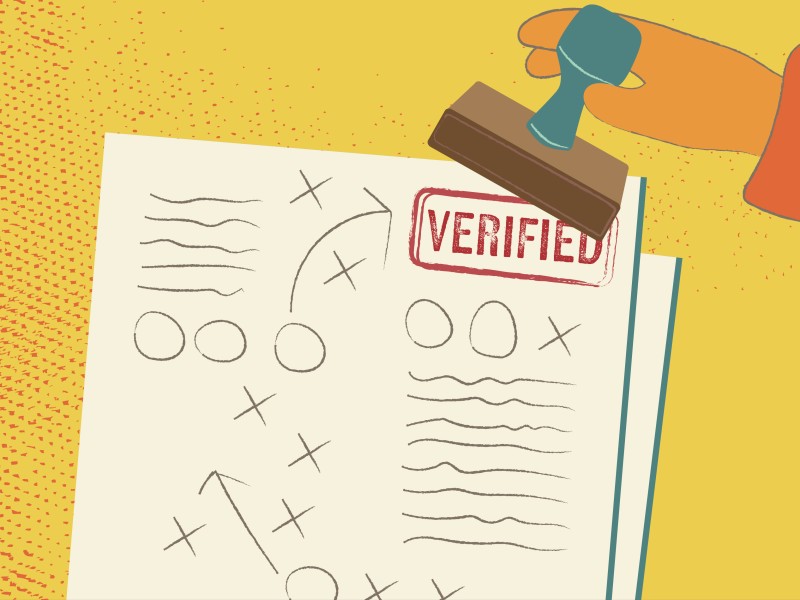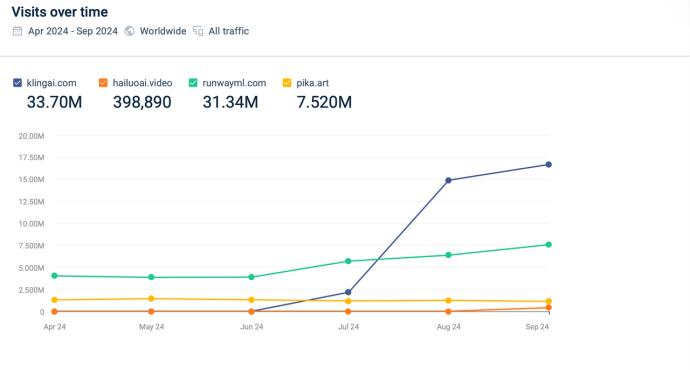I’ve let the blog go pretty much dormant, but I’ve been thinking I should at least start archiving my big Twitter threads here for future use. So here’s today’s. Three weeks to election day. Let’s talk about volunteering. Giving...
I’ve let the blog go pretty much dormant, but I’ve been thinking I should at least start archiving my big Twitter threads here for future use. So here’s today’s.
Three weeks to election day. Let’s talk about volunteering.
Giving money is good and important, but the closer we get to election day, the less useful donating is, for a whole bunch of reasons. What campaigns need most in these final days is your time.
There’s lots of stuff you can do remotely if you’re not near a swing district—writing postcards, phonebanking, texting—and that stuff all helps. But if you can get out and knock on doors, that’s even better.
(Campaigns have different needs at different times, by the way. The best-best thing you can do is let them know you’re available for whatever they need. But even if you have restrictions on what you can do, they’ll likely find work for you. Hit ’em up.)
What I really want to talk about today, though, is door-knocking—what it’s for, how it works, what you can expect.
The first thing you may be worrying about is confrontation, but that’s actually really rare—by design. Campaigns don’t send you out to random houses. They’re going to be targeting specific people who they have reason to believe will be supportive.
When I went out this weekend, the list of voters we were trying to contact was all registered Democrats with a history of voting in midterm elections about half the time. We weren’t trying to convince them, we were trying to get them to turn out.
Most of the doors I knocked on, nobody was home. Most of the people I talked to were actively happy to see me. Nobody was hostile or angry or obnoxious. Not one person.
The best way to door-knock is with a partner, both for comfort and for safety. If you have someone to go with, that’s ideal, and if you don’t they can pair you up with someone as they’re sending you out. But really, the experience is overwhelmingly positive.
I’ve done door-knocking for nearly a dozen campaigns over the years at this point. I’ve talked to hundreds of people. A few were uninterested, a few were a little snotty. But I don’t remember a single really negative encounter.
(I did get chased by chickens on Saturday, and that was a little weird. But they just thought I had food. Sadly, I didn’t.)
Different campaigns use different screens when deciding which houses to send you to, but the voter data they’re using will be on the form they give you (along with name, gender, and age). If you’re worried about a specific scenario, ask.
So if you’re not trying to persuade people, what are you knocking on doors for? A few things.
First, you want to make sure people know about the election—when it is, where there polling place is, who’s running. This is a particularly big deal for down-ballot races, which are a huge deal that a lot of people don’t pay attention to.
When I was out this weekend, I’d volunteered for a congressional campaign, but the canvass turned out to be a joint one with a state senate candidate. I was giving out lit for both candidates, and making sure people knew about both races.
Another crucial thing you’ll be doing if you go out in the next couple of weeks is cleaning up the canvass lists. People move, or die, or whatever. Some houses are inaccessible. Some people don’t want to be contacted. You’ll note all that down.
And when you do that weeding, the campaign will update their data, which means that when they send people out to do Get Out The Vote work in the immediate run-up to election day, they’ll be able to work much more efficiently.
Every door you knock on this weekend and find out that someone moved is a door that someone else won’t be wasting time on later—and a different door that they will be able to knock on when the crunch happens. It’s hugely helpful.
Another thing you’ll be doing is helping out folks who may have issues. Someone may not have transportation to the polls, for instance, and if you let the campaign know that, they may be able to send someone out to drive them.
And yes, you may wind up talking about the specifics of the races, too. I had one contactee this weekend who was really pissed off about a local environmental issue. I took notes on that and added it to their entry on the list, to let the candidate know this was a concern.
Often, though, even in those cases, you’re just letting them know what’s up. And you won’t be on your own on that—the campaign will give you a script, and answers to likely questions, and you’ll have the lit as well. You’re not flying blind.
If you’re shy, they’ll likely be able to pair you with someone more outgoing. If you’re a newb, they’ll try to put you with someone experienced. And it doesn’t take long to get the hang of it. The typical interaction is very brief and not at all stressful.
So how does it work, exactly? Well, there’ll be a staging area where they’ll send you out from, and they’ll give you lists and maps and lit. You’ll have let them know in advance whether you have a car—sometimes you need it, sometimes not, sometimes you can ride share.
Something they had this weekend that I hadn’t seen before was a canvassing app—you plugged in all the data on your phone, and it had the script and the canvass map and everything right there. But usually it’s all done with paper and pen.
I did two shifts this weekend—one with my kid and my dad, one with just my kid. Each one was about 25 houses, and each one took about 3 hours—more than is typical, because this was a pretty rural route in an area I didn’t know, so there was a fair amount of wandering around.
Again, you’re asking for specific people, sometimes more than one in a house. This weekend, most were older, but my 15-year-old got to canvass some first-time voters, which was pretty fun for both canvasser and canvassee.
(And of course the old Dems in their seventies were generally thrilled to bits to see a fifteen-year-old out knocking doors. Kids are AMAZING at this work, and everyone is always so happy to see them out.)
If you hit a dead end, you note it down. If there’s nobody home, you leave the lit tucked into their door and feel virtuous and useful anyway.
And there’s a lot of people out there right now who are really eager to win this election, so you may even wind up convincing some people to volunteer. What’s the opposite of a pyramid scheme?
Oh, and there are often snacks. Not always, and more frequently at the GOTV stage than earlier, but yeah. Snacks.
At the end of the route, you’ll turn in your info and extra lit (if you’re using an app, you may not even need to do that), and that’s it. If you somehow can’t finish, it’s not a big deal, and if you want more names they’ll be happy to give them to you.
Let’s see, what else? Volunteering for a campaign gives you an excuse to go to their election-night party, which can be incredibly fun. I’ll never forget watching Obama’s victory speech in 2008 in a bar in Cincinnati with hundreds of cheering people and my kid in my arms.
So. If you know which campaign you want to work for, contact them directly and tell them you want to help out, and how. They’ll hook you up. If you’re not sure, you can find someone via Indivisible or Swing Left.
And if you have any questions, or fears, or need help navigating the process or finding a campaign, just tweet at me or DM me and I’ll give you a hand.
• • •
Just a quick postscript: I’m getting a little pushback from some folks on the sunniness of my description of the experience, so let me talk about that a little.
You’ll definitely meet plenty of people who aren’t happy to have their door knocked, and some of them will say so pretty curtly, but they’ll mostly want to get rid of you as quickly as you want to leave, so it’ll often be a sharp “not interested” and a closing door.
Actively aggressive behavior is, in my experience, much rarer, but it’s going to depend on a lot of factors. Knowing what the pool is is important, and the buddy system is of course a huge help.
And of course I’m a bearded six-three white guy, and my experiences are going to be reflective of that reality, as well as of the fact that the door-knocking I’ve done has all been in swing districts rather than deep-red areas.
I’ve gone out with a lot of people over the years, and our experiences have all been more positive than negative, but yes you’ll meet some cranky people, and yes I do feel more cautious going out now than I did a couple of cycles ago. We’re in a weird time.
Oh, and one thing to keep an eye out for? A house where there’s only one person listed for you to contact, and it’s a woman, and a guy of the same age answers the door. There’s a decent chance she’s a Dem and he’s … not.
I approach those guys gingerly, and if I get any negativity at all, I skeddadle with a “not home.” Occasionally I’ve included a note on the form flagging the house for that reason, just as a heads-up for future canvassers.
So yes, you’re knocking on strangers’ doors. You need to keep an eye out. But you know that already. Most of the time, in my experience, it’s going to be really really fun.
Oh, and if this thread convinced you to get out and do it, please please PLEASE let me know how it went. Tell me the race too, if you want, and I’ll keep an eye on it on election night.










